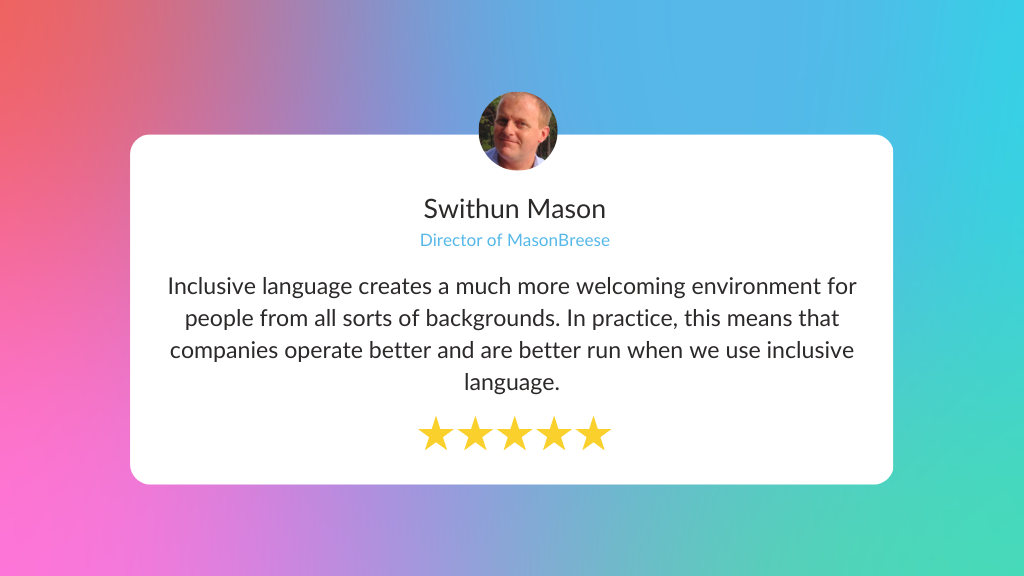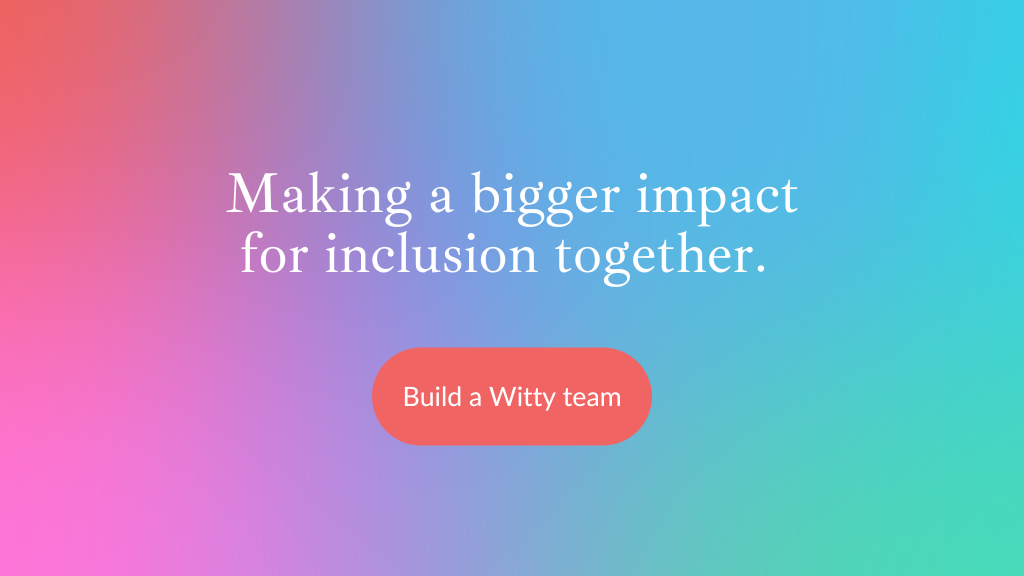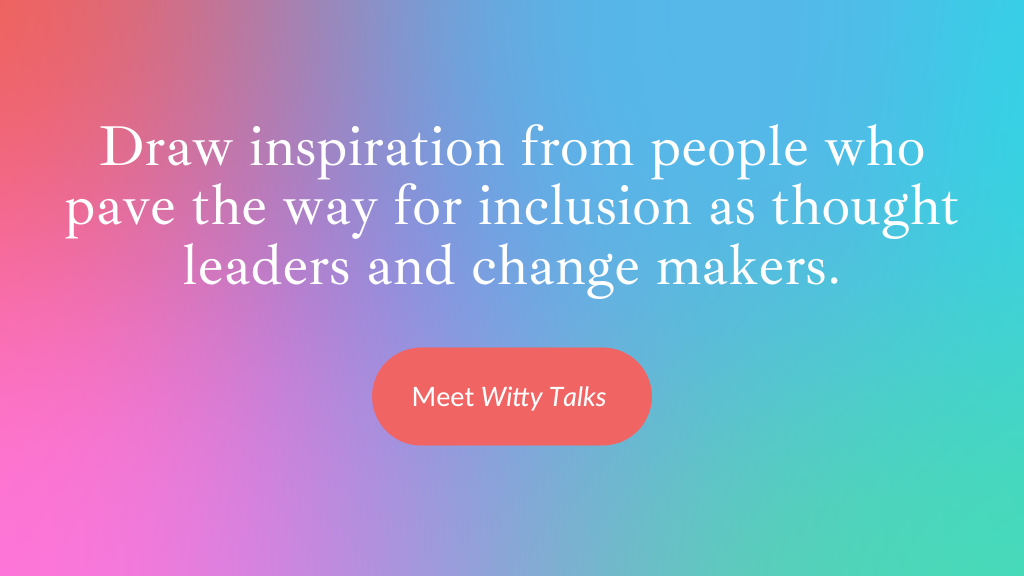 DEIB
DEIB
Engage in dialog about diversity, equity, inclusion, and belonging
To help build acceptance and empathy, use a shared vocabulary in conversations around DEIB.

-1.png)
Diversity, equity, inclusion, and belonging, DEIB for short,
stand at the heart of a lively dialog that is broad and
growing. Engaging people in meaningful DEIB conversations
can drive empathy in an organization. It can raise awareness
and garner support for an accepting and welcoming workplace.
Building a common vocabulary around DEIB and feeling at home
with DEIB concepts, helps avoid confusion and
misunderstandings in conversations. And it can effect
positive change.
👍
We want to create an atmosphere together where everyone feels safe and free to contribute. That's why we're inviting staff at all levels of the organization to join us for talks and workshops around diversity dimensions and intersectionality.👎
We want to create a diversity-friendly environment. That's why we're inviting leaders and employees to join us for talks and workshops around overlapping diversity dimensions.Shout-outs
- Why diversity matters (Dame Vivian Hunt, Dennis Layton, and Sara Prince)
- Women in the Workplace 2022 (Alexis Krivkovich, Lareina Yee, Wei Wei Liu, Ishanaa Rambachan, Nicole Robinson, Hilary Nguyen, Monne Williams)
- 36 Eye-Opening Inclusive Marketing Statistics That Prove Its Power for 2022 (Ramona Sukhraj)
- What workforce diversity means for Gen Z (monster.com)



